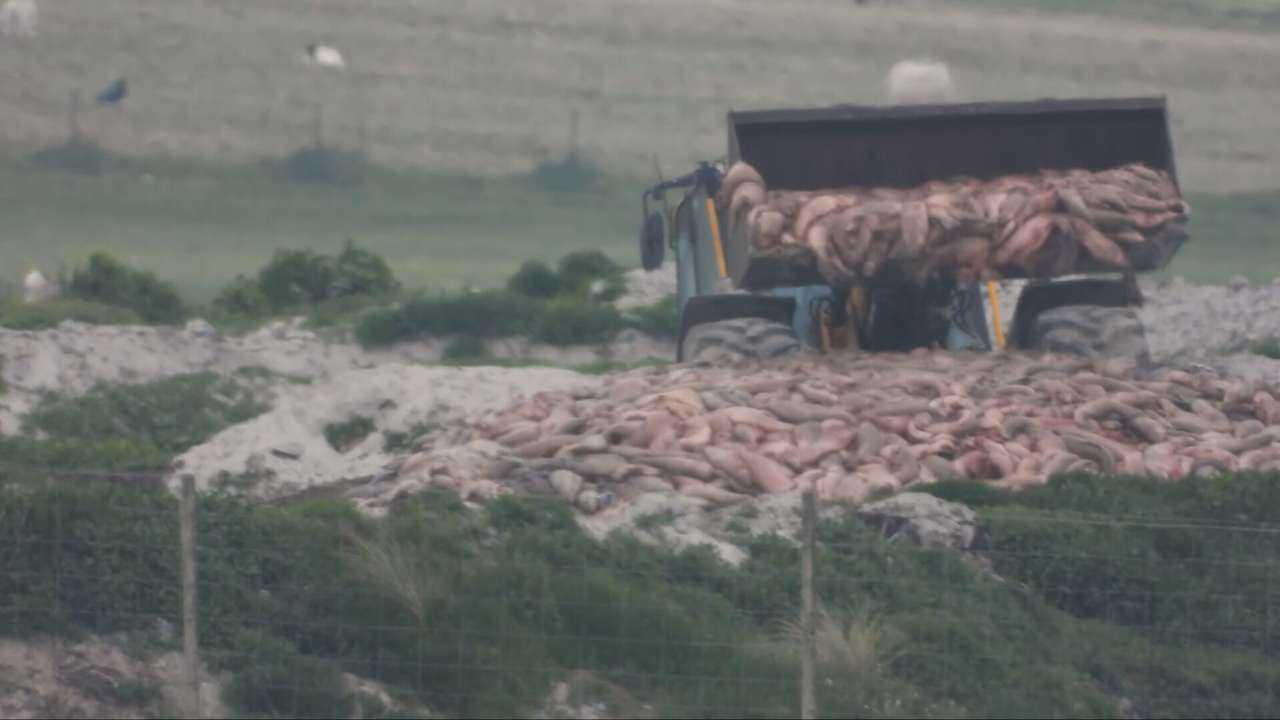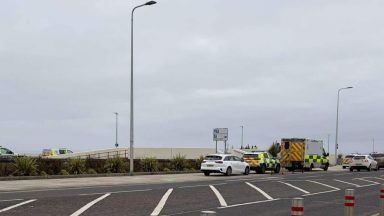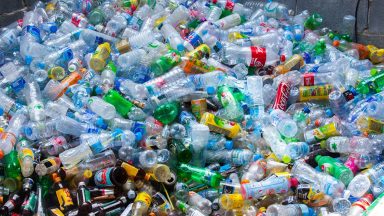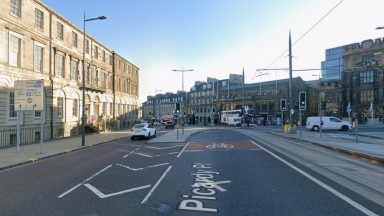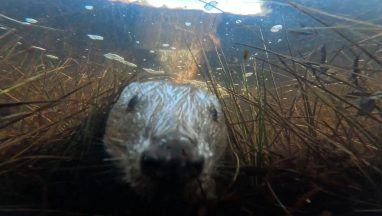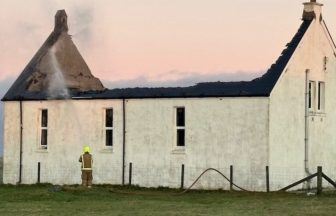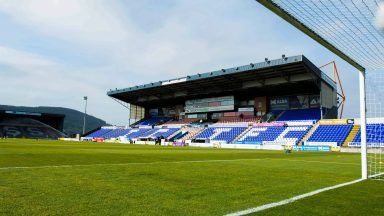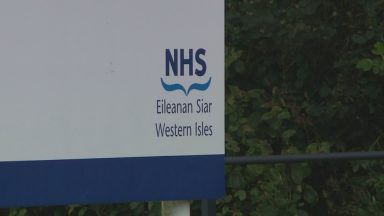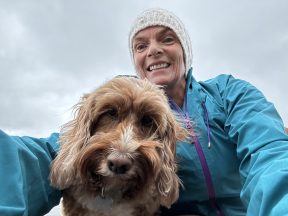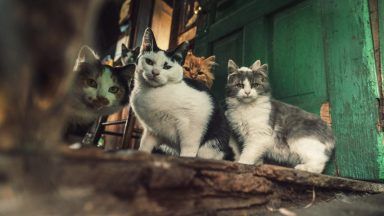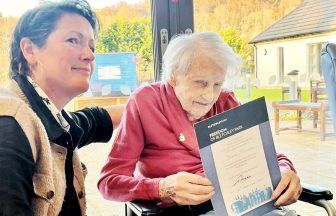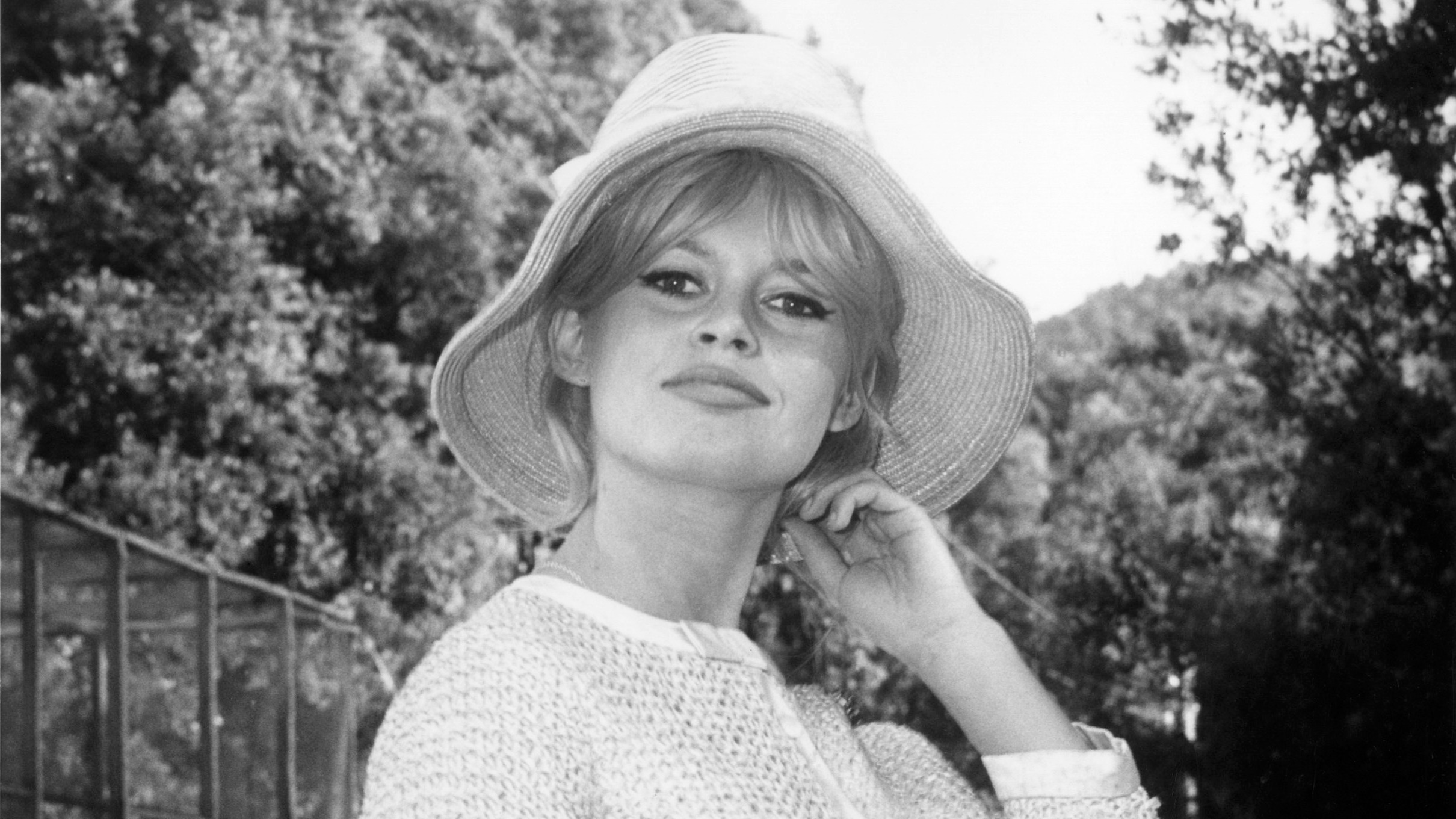Footage shows Whiteshore Cockles burying salmon on a beach four months after the practice was made illegal in Scotland. The company says it is “not happening at all” now but refused to comment on the clip, ITV News Scotland Reporter Louise Scott reports.
The Outer Hebrides are famed for their powder white beaches and turquoise waters, which line the chain of islands off Scotland’s west coast.
But on one of North Uist’s idyllic beaches lies a salmon graveyard.
For over a decade, the company Whiteshore Cockles has been burying dead and diseased salmon from fish farms in pits of sand and seaweed.
Burial was legal due to an exemption from the Scottish Government, and with the understanding that Whiteshore Cockles was building a fish waste dryer.
A fish drier breaks down the salmon mortalities with heat turning them in to fish oil and fishmeal, which would be a sustainable solution for the disposal of salmon mortalities in the Western Isles.
When the derogation came to an end on January 31, 2024, it became illegal to bury the salmon.
But footage given to us by Green energy company and environmental campaigners, Ecotricity, shows the company was still burying salmon four months later.
The filming, from May, shows lorries tipping huge amounts of salmon into a pit. The process appears to be repeated until all of the salmon is piled high.
Seaweed is then dumped on top to cover it.
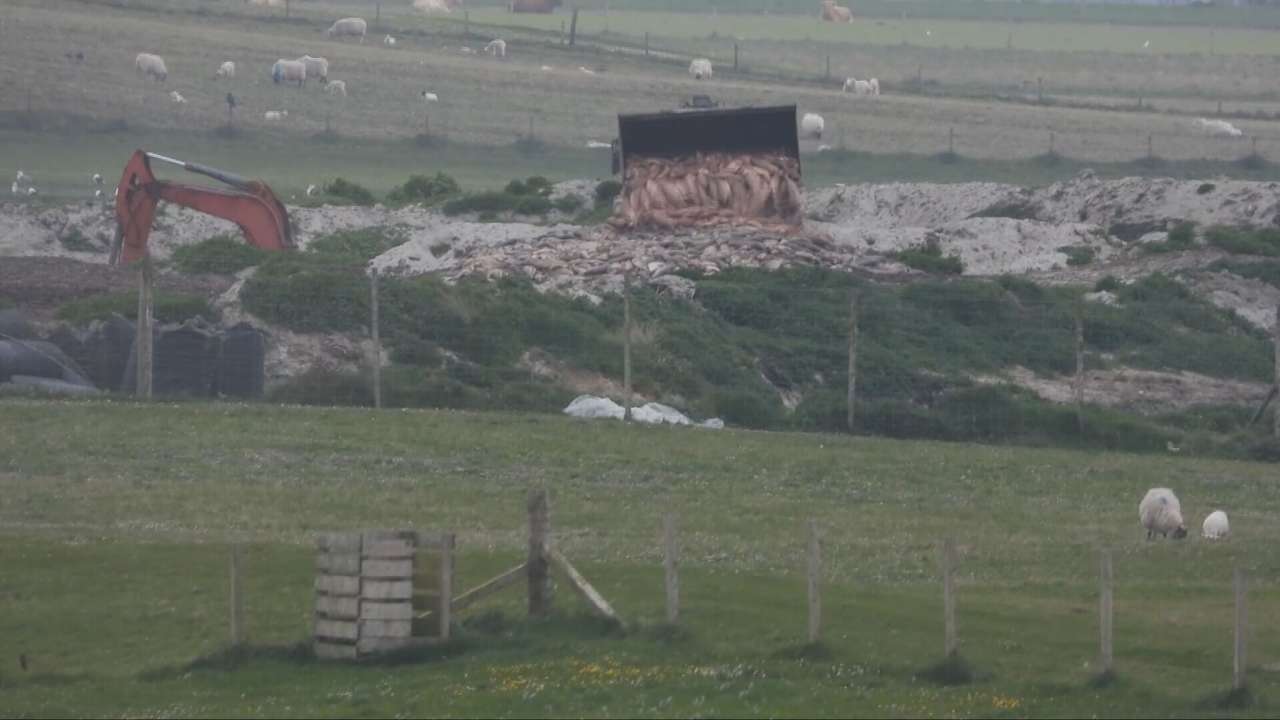
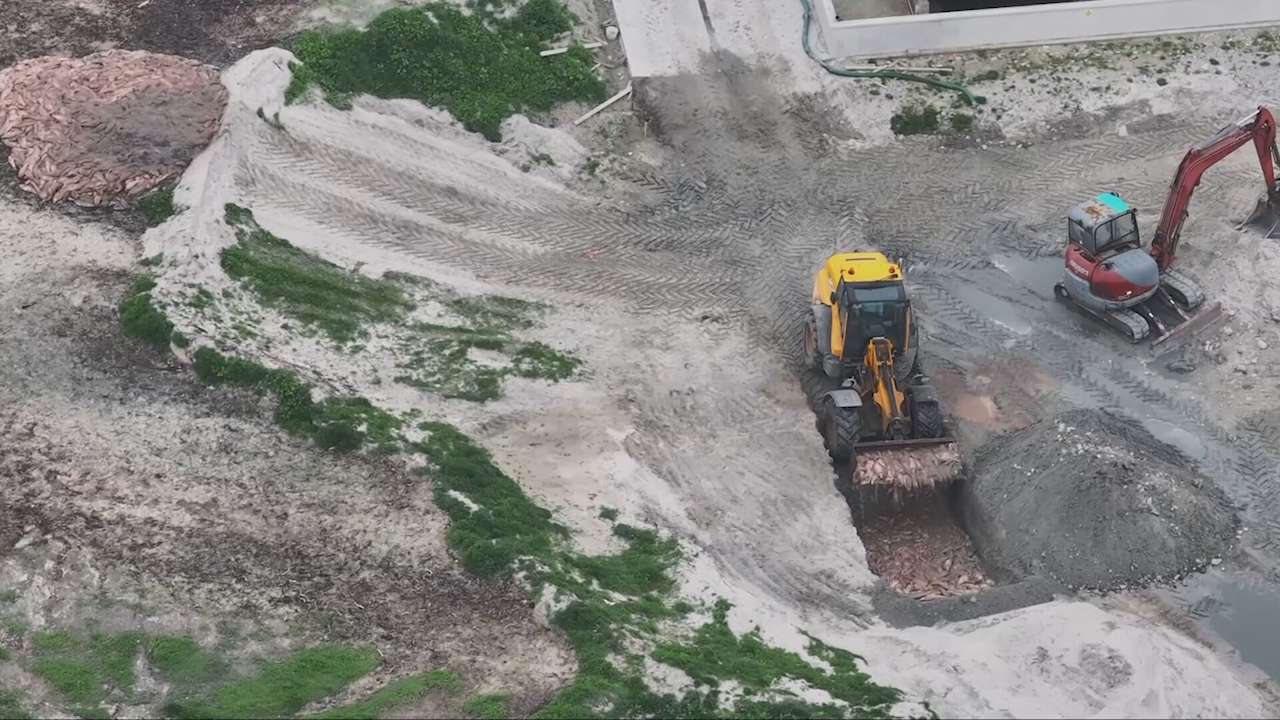
Ecotricity told ITV News there were huge concerns about this site already, due to waste spilling on the beach and a lack of control measures in place, which allows wildlife such as birds and even domestic cats to roam the site.
The campaigners say their footage shows Whiteshore Cockles are now breaking the law.
ITV News travelled to North Uist to see the site and watched as fresh seaweed was added to the huge piles on the dumping ground. But there were no deliveries of salmon while we were there.
When we contacted the family-run business for an interview, father and son Angus and Fraser Macdonald, agreed, and gave us a tour of the plant.
When we presented them with the footage, they told us that this was “the past”, and the plant they showed us was “the future.”
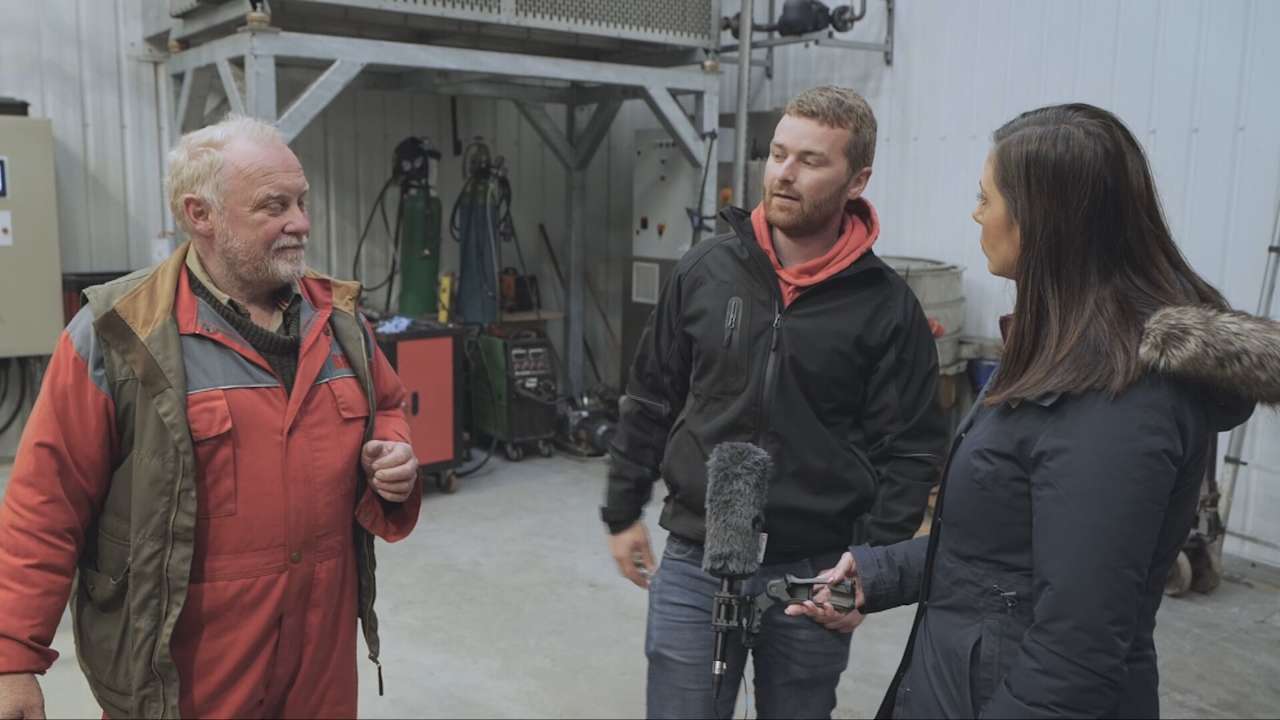
When asked if the burying was still going on, Angus said: “It’s not happening at all.”
So, why was it happening in May? “Like I said, we’ve invested a lot in the plant. A lot of energy and we bring jobs to the place”.
Fraser added: “Our aim is to process all the fish through the plant, the last thing we want to be doing is putting them under the ground like what used to happen historically.”
When asked why the pictures existed from May, he said: “We’re not willing to comment on these pictures just now.”
We were given a tour of the processing plant which, when functioning, breaks down the salmon in to oil and mulch.
It wasn’t running while we were there, but it was clear a lot of time and money had been spent on constructing the drier facility.
They told us it took millions, out of their own pocket, to build. Records show that Highlands and Islands Enterprise provided two grants to Whiteshore Cockles – £404,000 in November 2016 and £200,000 in February 2021.
We were told the drier can process up to 48 tonnes of Salmon a day, but 15 tonnes would realistically be the most required.
The machinery has been running since September 2023, initially doing trial runs but Fraser said it has been fully functioning this year, adding that it has been a good year for the business.
This suggests that it may have been able to process a delivery of salmon in May, but the father and son continually refused to answer questions over the video footage.
When I asked how often the plant had been running in the past few weeks, Fraser said just once for four days.
He added that if the number of deliveries is low, they prefer to ship the fish to the mainland because it’s not practical to start the plant for small numbers.
Fraser said: “It costs us a lot of money to get it to temperature”.
From our tour we could see that the machinery is in place, but it became clear that this was an expensive process to run, particularly if not enough salmon was being delivered.
When I put this down to the pair, Angus simply said: “We are in this industry to process the fish, not bury the fish. We have moved on from that, that is the past.”
I asked if they could guarantee that salmon weren’t still being buried, Angus said yes.
We were then escorted off the property.
The Scottish Environment Protection Agency carry out checks on premises such as Whiteshore Cockles and have done so throughout this year.
In a statement, a spokesperson told ITV News: “SEPA was advised by Whiteshore Cockles that any mortalities that were not being processed by the permitted facility, as part of the commissioning process, were being transported to mainland treatment facilities for disposal”.
“SEPA is concerned by the information presented and is now investigating with public partners with responsibilities for this activity.”
SEPA has not yet signed off on the new drier facility, it added.
We took the footage to an independent expert at Glasgow University.
Dr Michell Bloor, a Lecturer in Environmental Science and Risk, said: “The burial of such large numbers of fish, in what appears to be an unlined site, will result in large amounts of decomposition products leaching into the surrounding environment.
“These decomposition products will include large amounts of nitrogen and phosphate, which could contribute to the eutrophication of any associated freshwater environment.
“In addition, if the fish contain any pathogens, disease or contaminants these might also be released into the environment through the air or leaching into the surrounding environment.”
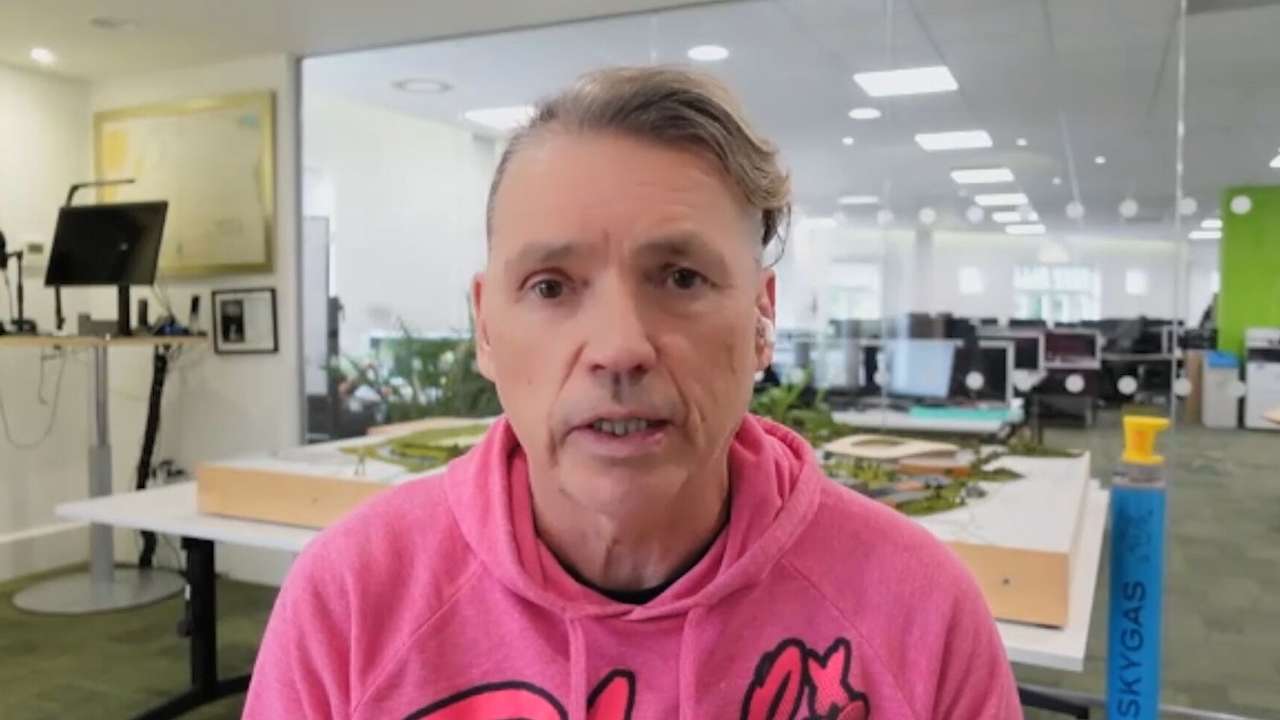
Environmental campaigners want to see more investigation of this industry.
Dale Vince of Ecotricity said: “There’s a reason that we have laws that ban the burying of dead animals”.
He added: “It’s a biohazard for nature that is around the site and ultimately a human hazard because of the kinds of diseases that can occur in the bodies of dead animals if they’re not dealt with properly.
“The authorities need to be held accountable, we need an inquiry as to why this has been allowed by certain authorities in Scotland for all of this time and ultimately the salmon farming industry has to step up and fully fund the disposal of it’s dead bodies.”
Mowi is the UK’s largest supplier of farm-raised salmon and uses Whiteshore Cockles to dispose of their salmon mortalities.
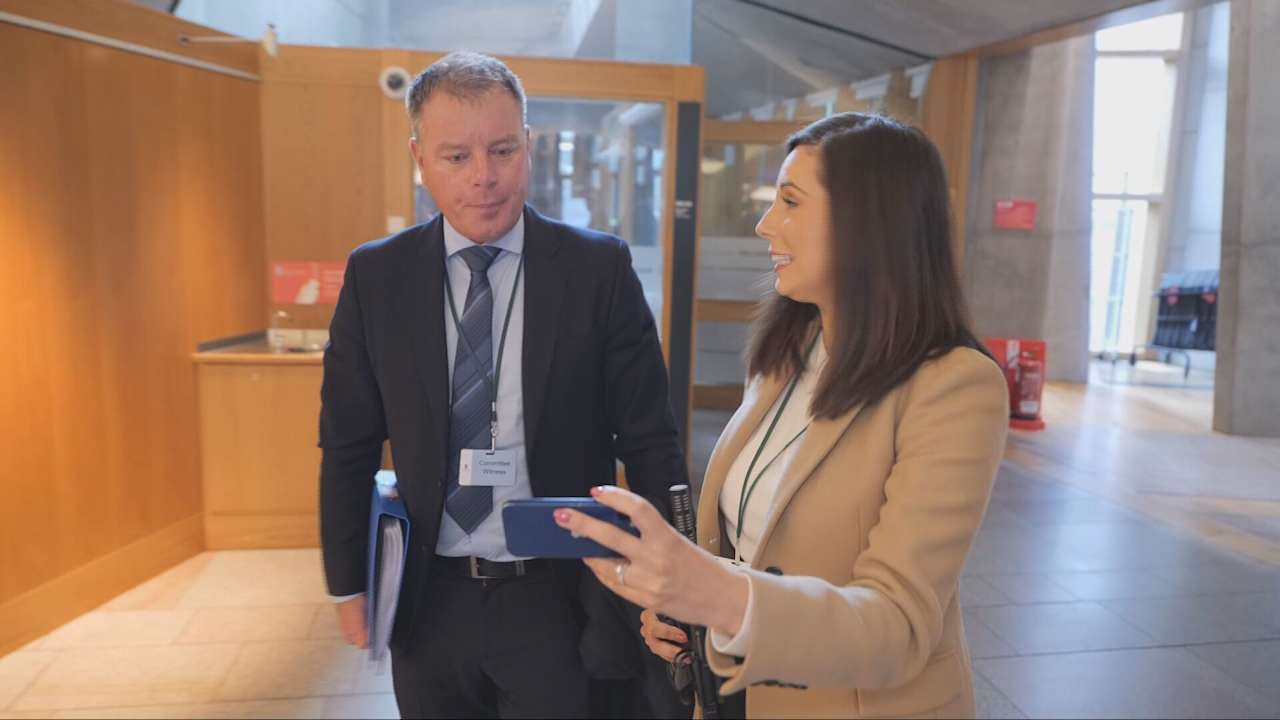
When we showed their Chief Operating Officer the footage, he seemed to be aware of the incident in May and was even able to explain what had happened.
Ben Hadfield said: “We were really disappointed to see that some burial activity occurred after the derogation ended.
“We’ve taken that up with them, we were assured that it was very temporary and it only occurred because it was a choice between making a potential discharge to the atmosphere and causing an odour or managing it sensibly by burying it while the plant was down.
“I will not condone it, but I think they made a common sense decision to bury a small amount while the plant was down and incapacitated and hence once the plant was working then they went back to routine measures.”
A statement from Cabinet Secretary for Rural Affairs, Land Reform and Islands, MSP Mairi Gougeon, said: “The Scottish Government provided a temporary derogation to Whiteshore Cockles which is no longer in place.
“Compliance and enforcement are now a matter for the responsible agencies.”
Follow STV News on WhatsApp
Scan the QR code on your mobile device for all the latest news from around the country


